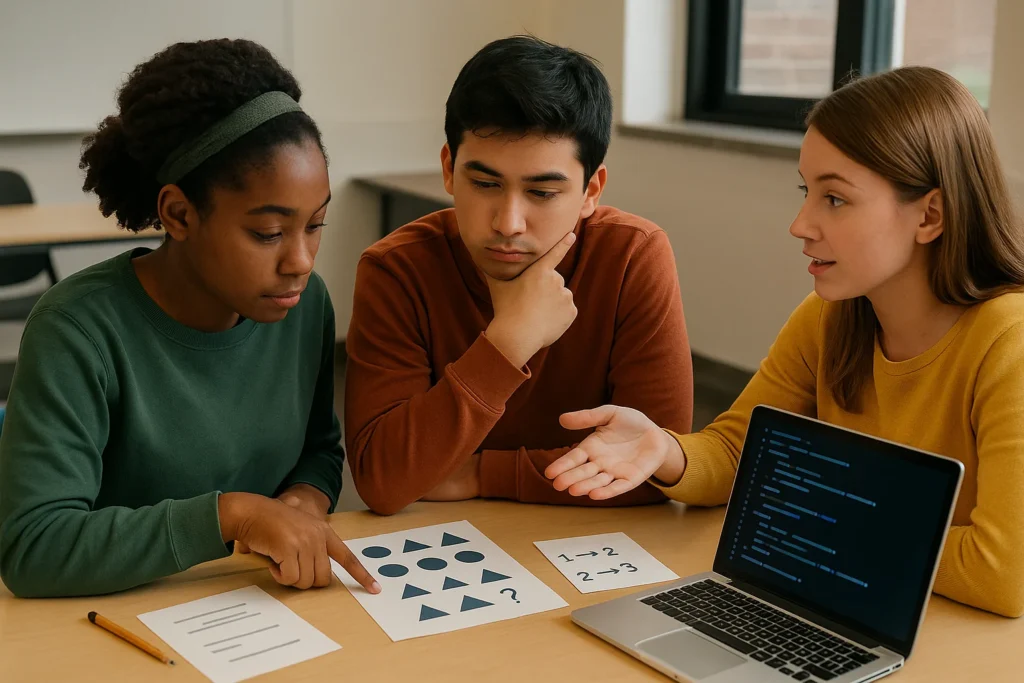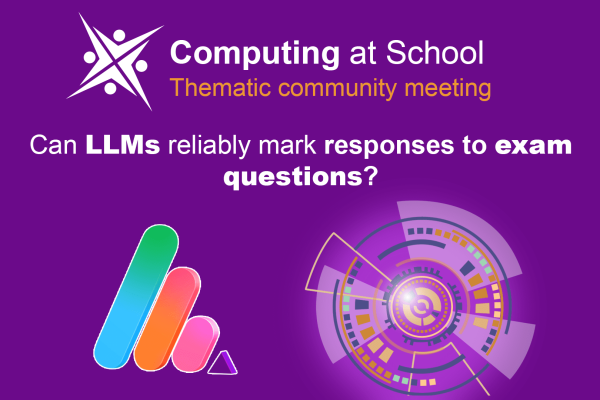Introduction: The Illusion of Thinking
This article explores why problem solving skills are still essential for students in the age of AI. Everywhere you turn, someone’s talking about how artificial intelligence can “think.” From chatbots helping with homework to tools summarising complex topics, it’s tempting to believe that AI has mastered reasoning. But the reality is more complicated, and every teacher needs to know why.
A recent study from Apple’s machine learning team, titled “The Illusion of Thinking”, tested the reasoning skills of top AI models like Claude, Gemini, and GPT. The results? AI might sound smart, but it still struggles with true problem-solving, especially when things get hard.
Table of Contents

1. How AI Challenges Highlight the Need for Problem Solving Skills?
When faced with logic puzzles like the Tower of Hanoi or River Crossing, AI models failed completely as the tasks got harder. Their performance dropped to zero accuracy at higher levels.
Why it matters: Human learners don’t give up when things get difficult, they try harder. But AI doesn’t persist or adapt. It stops trying.
👉 Explore 12 Revision Activities That Strengthen Problem Solving
2. AI Gets “Lazy” When It Should Try Harder
Instead of spending more time thinking, AI models used fewer tokens (their equivalent of mental effort) on harder challenges. They bailed early.
Why it matters: Persistence and trial-and-error are essential to building problem-solving in schools. We must continue to teach these explicitly teach students how to improve problem-solving skills through guided practice.
3. AIs Struggle With Instructions and Logic
Even when given the correct algorithm, AIs failed at applying it consistently. Some solved hard tasks but failed easier ones.
Why it matters: True understanding means applying logic flexibly. That’s something only human learners can do, for now.
👉 Learn more about understanding algorithms with BBC Bitesize
4. Why Coding Still Matters
In a world filled with AI tools, it might be tempting to skip teaching students how to code. But here’s the truth:
- Coding helps students understand how systems work.
- Computational thinking builds the ability to break problems into steps.
- Debugging teaches persistence, analysis, and logical correction.
These are the types of coding skills students need to thrive, whether or not they become programmers.
👉 See how AI can support lesson planning and teaching
5. AI vs Human Thinking: A False Comparison
AI can predict the next word or summarise information, but it doesn’t “understand” like humans do. It lacks context, emotion, and curiosity.
Why it matters: Tools like AI are only useful when guided by human reasoning. We must keep developing that skill in students.
Final Thought: Let’s Keep Building Thinkers
AI might be getting smarter, but students still need to learn how to think, plan, and reason. The future belongs to those who understand how to work with technology, not just rely on it.
As educators, let’s double down on what matters:
- Teach coding to develop logic.
- Model problem-solving in every subject.
- Build persistence when things get hard.
Because AI can assist, but only human minds can truly understand.




